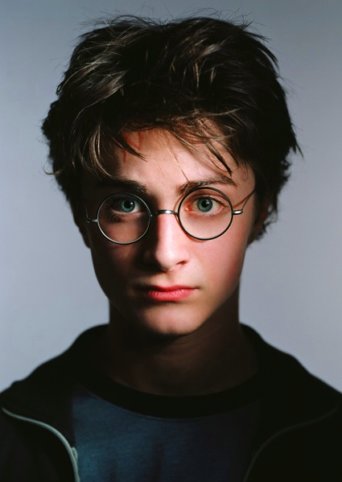- About
- Topics
- Picks
- Audio
- Story
- In-Depth
- Opinion
- News
- Donate
-
Signup for our newsletterOur Editors' Best Picks.Send
Read, Debate: Engage.
I've never read any of the Harry Potter books. I don't intend to either. Maybe I'm a snob - but the books kind of passed me by when they were released, and since then, I've never been enticed into that magical world of wizarding and wands, or whatever. I do remember the debates though - about whether the books were for kids only, or whether adults could read them too (which is a rather astonishing public debate to have, when you think about it). So the books have in some way influenced my life - the first one came out 20 years ago, in 1997 on the 26th June. So let's have a little think about how Harry Potter's life cycle as a work has enclosed the past 20 or so years.
Magic: The whole of the books, as I understand them, revolve around a kid who's destined to destroy an enemy called Voldemort - an evil guy who killed Harry's parents. Harry goes to wizarding school, and along the way develops the skills and courage to defeat the sorceror. Cool stuff - I can see why kids like it. But are kids these days learning the skills to challenge, say, Donald Trump? Kids in the US are being shot for being black - sometimes kids are shot inside schools. What about children learning about civil society in Turkey. Or in Russia. Are these real things? It's a kind of magical thinking on our part if we believe civic education will take place when so much of the world places obstacles to children learning.
Adolescence: So this kid Harry goes through all the teenage stuff. Yawn. I remember that stuff - that stuff sucked. Being 17 was the worst. I thank God I'm 29. I couldn't handle all those dramas and hormones anymore. But apparently I'm still not an adult. In the OECD, young people like me are called Millennials - and apparently, our lazy attitude and infantile behaviour is the root cause of all social ills. This is kind of rich, given that my generation is in control of exactly zero political institutions. Perennial adolescence may not be our fault.
The individual: So people tell me they like the books because it's not just about Harry. It's about his ginger mate and that clever girl. It's about all those other kids. They rise up against evil, together. But indeed Harry still is the hero - he was always destined to do the big thing. Maybe one thing we can learn from the books is this: Yes we all have great individual power, but when we work together, that's always more powerful than the single hero fantasy. Let's resist trying to be the boy in the glasses.
Reading is fun and a good thing to do: Edification aside, reading alone is worth it. Illiteracy is rife all across the developing world (though improving), and charities and organisations seeking ameliorate it should be championed. I don't care if the books are for kids only.
